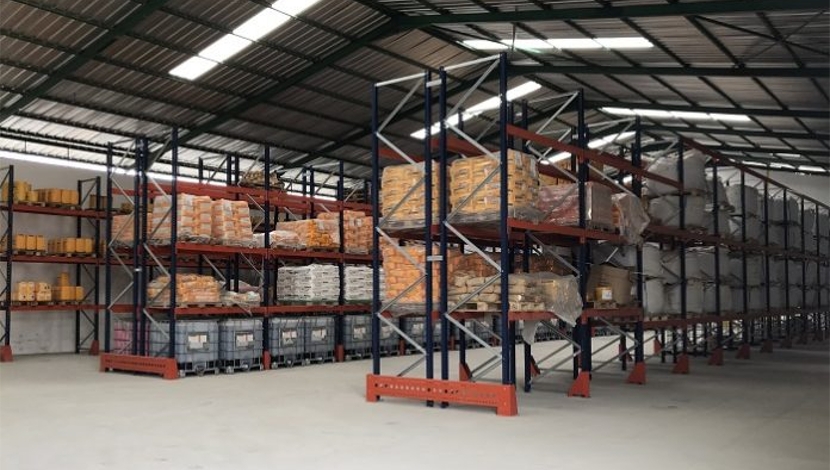
The cement and ceramics sector in Nigeria has shown that local manufacturers have the capacity and commitment to leverage locally available raw materials once they are of the required quantity and quality.
The cement and ceramics industries have, on average, achieved over 65% local input.
Cement makers use gypsum, shells, and chalk or marl combined with shale, clay, slate, blast furnace slag, silica sand, and iron ore. Most of these raw materials, including the major input – limestone – are available in abundant quantities and required quality.
Dangote Cement, the largest cement maker, has achieved over 90% local input preference.
Dangote Cement is thus creating many jobs for Nigerians working in the value-chain section at its Ibese and Obajana plants.
The United Cement Company of Nigeria Limited (UniCem), Nigeria’s third-largest cement manufacturer, has, as at December 2014, achieved 100% local input preference.
Already, Lafarge Africa, the second-largest player in the country, has also reached 90%. This has helped Lafarge Readymix, a subsidiary of Lafarge Africa concentrating on concrete, to boost production.
Analysts say Wapco, another subsidiary of Lafarge Africa, has exceeded 90% local input content, while making significant savings on raw materials and quarry operations.
Lafarge Readymix Nigeria currently obtains over 90% of its raw materials locally as its primary raw material (cement) is sourced from Lafarge Africa’s cement plants spread across the country.
Ashaka Cement and Cement Company of Northern Nigeria (CCNN) also source more of their raw materials locally, thereby helping to shore up Nigeria’s foreign reserves.
Ceramics firms in Nigeria are also making significant efforts to source their inputs locally.





